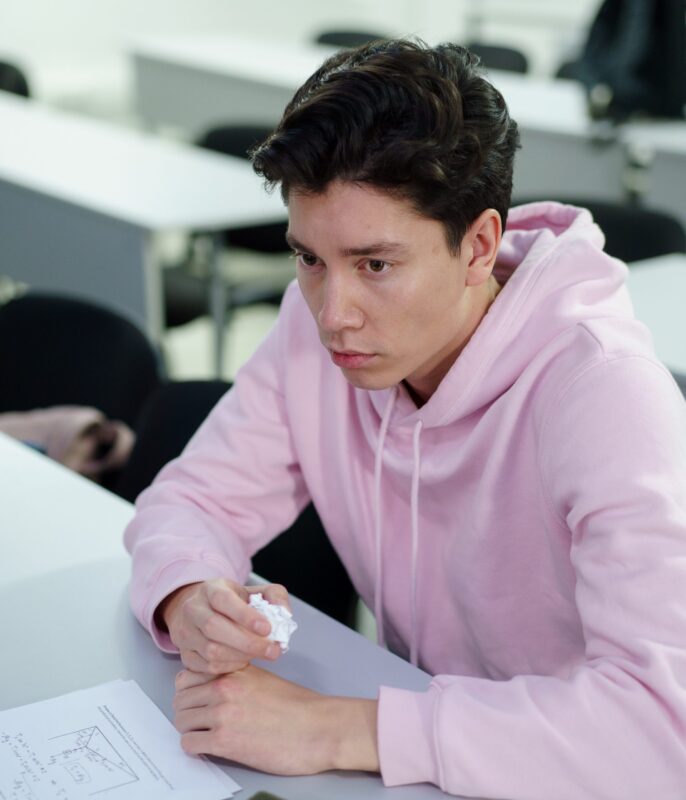
Dialectical Behavior Therapy Fact Sheet [downloadable]
Dialectical Behavior Therapy (DBT) is a type of cognitive-behavioral therapy. DBT was originally developed in the 1980s by Marsha Linehan, a psychologist at the University of Washington. Although initially intended to help chronically suicidal individuals diagnosed with borderline personality disorder Read more >>










